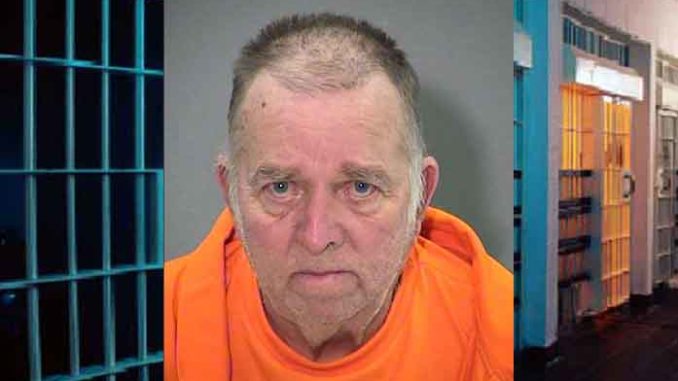
A Phoenix man who pleaded guilty in 2001 to two dangerous crimes against children committed several years earlier is not entitled to challenge his convictions just because the victims were not identified on a key court document, the Arizona Court of Appeals ruled this week.
James Leon Walker was convicted under a plea deal of attempted child molestation and attempted sexual conduct with a minor for incidents in 1986 and 1992. He was sentenced in Maricopa County Superior Court in 2001 to 15 years in prison on the 1986 offense followed by lifetime probation for the 1992 offense.
Since then, Walker, now 74, has sought to challenge his convictions -and another from 2016- at least 17 times in various courts. His most recent challenge filed with the Maricopa County Superior Court contended Walker had “newly discovered” evidence which warranted an evidentiary hearing on whether he was entitled to a new trial.
That evidence, according to Walker, is the fact the plea deal he signed in 2001 does not include the names or the initials of the victims of the 1986 and 1992 offenses. He argued the lack of identifiable victims violated his due process rights, thus rendering his convictions and sentences invalid.
A superior court judge dismissed Walker’s notice, after which he took his argument to the Arizona Court of Appeals. On Oct. 20, the appellate court released its 3-0 decision denying Watson’s request for relief.
“As the (superior) court correctly noted in its ruling, Walker did not lack notice of the names of the victims…(and) each charge in the indictment named the victims,” the decision states, adding that the plea agreement prohibits Walker from future contact with the victims, “who were identified by name.”
Court records show Walker was released from custody after completing his 15-year sentence. But in April 2016 he was accused of several probation violations, including tampering with his electronic monitoring device, a Class 4 felony.
As a result, a judge revoked Walker’s probation and in August 2016 he was ordered back to prison for another 15 years on the 1992 offense. Walker was prosecuted for the 2016 tampering offense and was sentenced to serve six years in prison once his new 15-year term is completed.
He has also argued the 2016 tampering conviction should be set aside as it traces back to his 2001 plea.
Public records show Walker’s earliest release date is May 2036. He is currently housed at the Arizona State Prison Complex – Florence, according to the Arizona Department of Corrections.
